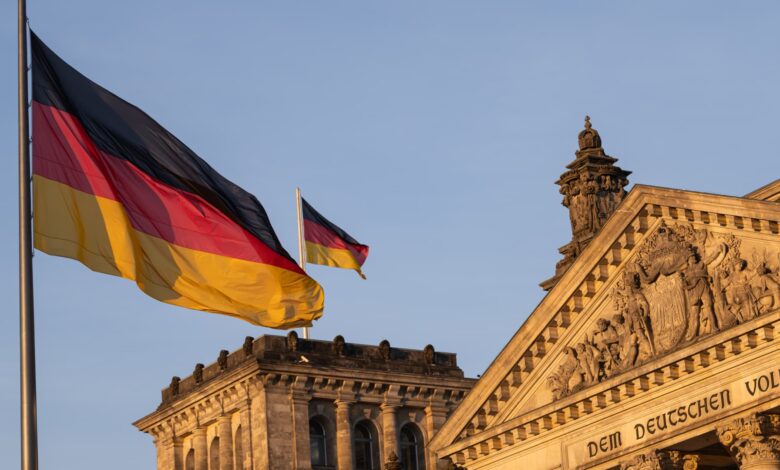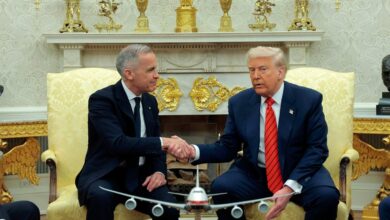German economy: GDP, inflation

German consumer inflation for April came in at 2.2% on an annual basis, slightly lower than March but higher than expected. Economists had predicted a 2.1% reading, while the country’s consumer price index, adjusted for comparability across the eurozone, had been at 2.3% in March. Core inflation, excluding food and energy prices, rose to 2.9% in April from 2.6% in March. Services inflation also increased to 3.9% from 3.5% in the previous month, while energy prices fell by 5.4%.
While the inflation rate nearing the European Central Bank’s target of 2% may seem positive, there are concerns about the data. Sebastian Becker, an economist at Deutsche Bank, noted that the decrease in headline figures was due to lower energy and food costs, while core inflation and services inflation rose unexpectedly.
In terms of economic growth, preliminary data revealed that Germany’s economy expanded by 0.2% in the first quarter, in line with economists’ estimates. This growth was attributed to higher household consumption and capital formation. However, Carsten Brzeski, global head of macro at ING, pointed out that the increase was not significant enough to end the country’s long-standing stagnation.
Germany’s economy has been facing challenges from various sectors, including increased competition from China in the automotive industry and issues in housebuilding and infrastructure. Additionally, uncertainty stemming from U.S. President Donald Trump’s tariff policies has impacted Germany’s exports. The government recently revised its economic outlook to predict stagnation in 2025, citing Trump’s trade policies as a major factor.
On a positive note, Germany implemented changes to its debt brake fiscal rule earlier this year, allowing for higher defense spending and creating a fund for infrastructure and climate investments. This move has been seen as a positive shift for the economy, potentially leading to a stronger rebound. However, the impact of these changes will depend on their implementation.
Despite the potential for economic recovery, uncertainties in trade and geopolitics, along with tariffs and other factors, are affecting the short-term outlook. The planned fiscal measures could boost long-term growth, but the process may take longer than expected. Overall, Germany’s economy is navigating through a challenging period with hopes for improvement in the future.





